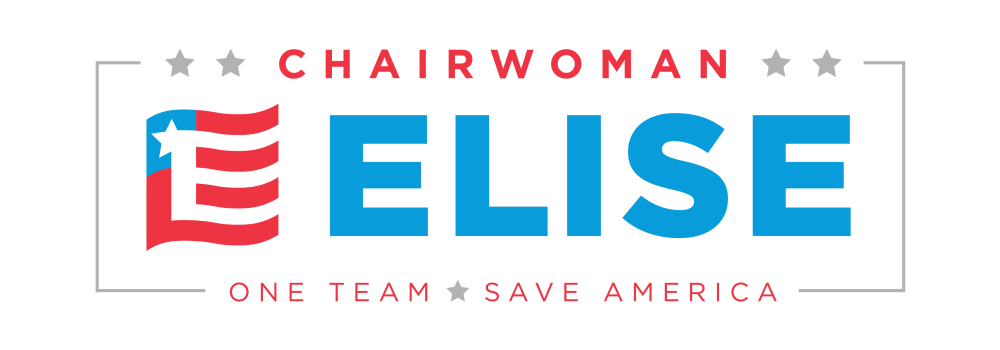Written by Ripon Advance News Service for The Ripon Advance on July 17, 2020
U.S. Reps. John Katko (R-NY) and Elise Stefanik (R-NY) led a bipartisan contingent of lawmakers in urging the Small Business Administration (SBA) and U.S. Treasury Department to make targeted improvements to address disparities in the Paycheck Protection Program (PPP).
Established by the Coronavirus Aid, Relief, and Economic Security (CARES) Act, PPP loans provide assistance to small businesses impacted by the COVID-19 pandemic. However, for many small businesses, particularly seasonal businesses and those that handle their own accounting, uncertainty surrounding PPP lending has resulted in businesses receiving less assistance than they are entitled to under the program.
“In central New York, the PPP has been incredibly successful — providing loans to more than 9,000 small businesses and saving nearly 200,000 local jobs,” Rep. Katko said in a separate statement. “However recently, I’ve heard from several local small business owners who were eligible for PPP loans, but due to confusion with the application process, ultimately received smaller loan amounts than expected.”
“Our North Country small businesses have benefited greatly from PPP funding and other SBA programs,” agreed Rep. Stefanik. “I am proud to continue to advocate for changes and flexibility with these programs at the request of many of our seasonal businesses and sole proprietors, who are entitled to more compensation.”
Specifically, Reps. Katko and Stefanik joined U.S. Rep. Abigail Spanberger (D-VA) and several colleagues in sending a July 15 letter to U.S. Treasury Secretary Steven Mnuchin and SBA Administrator Jovita Carranza requesting administrative action to allow small businesses to seek an increase in their PPP loan if they are entitled to a greater amount of assistance than they received.
“Preventing businesses from accessing full PPP assistance will have significant consequences for America’s economic recovery,” the lawmakers wrote. “This commonsense step will help businesses and workers across the country endure the sustained impact of the COVID-19 pandemic.”
You can read the full article at https://riponadvance.com





